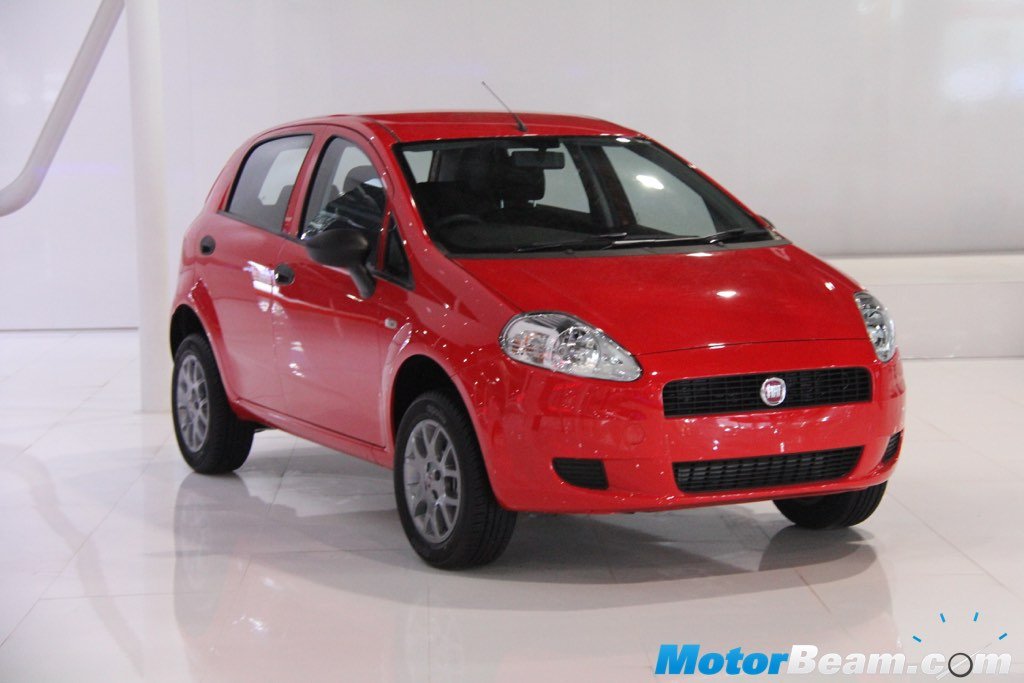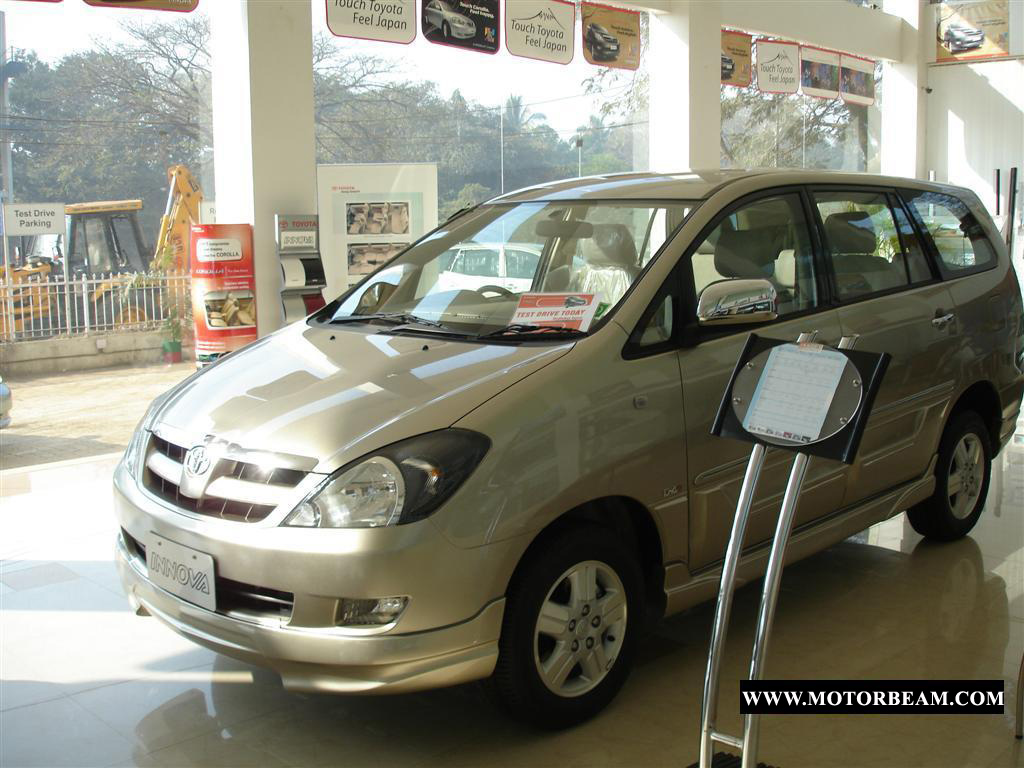
The phase out of old vehicles in West Bengal is likely to be a warning sign for other states too
The National Green Tribunal’s Eastern Zone branch has directed the State government of West Bengal to phase out all vehicles including private cars and bikes older than 15 years in the state in as early as 6 months.
In its latest ruling, an NGT bench has ordered the phase out citing that the state doesn’t put in a concerted effort to reduce environmental pollution as a huge number of private and commercial vehicles are plying in the cities of Kolkata and Howrah.
The bench further said that the state government must ensure all public transport vehicles below BS-4 are also phased out in the said 6 months. It instructed the government to expedite the introduction of buses that run on CNG and electricity.
The bench came out with this stringent order after Central government’s Ministry of Road Transport and Highways (MoRTH) earlier submitted a report that more than 92 lakh vehicles aged 15 years or older are plying in West Bengal, of which over 20 lakh vehicles are plying in Kolkata alone.
But, the West Bengal government said it would appeal to the bench for more time as lakhs of vehicles will have to be phased out. It said phasing out about 50 lakh vehicles in 6 months is impractical.

The phase out of old vehicles in West Bengal is likely to be a warning sign for other states in the coming months as such a ruling might be given any time in any state.
This order comes in the backdrop of the Commission for Air Quality Management’s (CAQM) recent plan to ban BS-4 diesel cars in New Delhi and NCR regions.
CAQM released its revised Graded Response Action Plan (GRAP) to fight air pollution. As per the plan, authorities will be directed to ban all BS-4 diesel vehicles including private cars in New Delhi and adjoining NCR areas if the Air Quality Index (AQI) is projected to rise above 450.
If the scenario, indeed, happens in New Delhi anytime soon, 9,42,447 diesel vehicles including private cars can’t be taken on to the roads leading to a transportation crisis in the city if adequate remedies are not taken beforehand.




